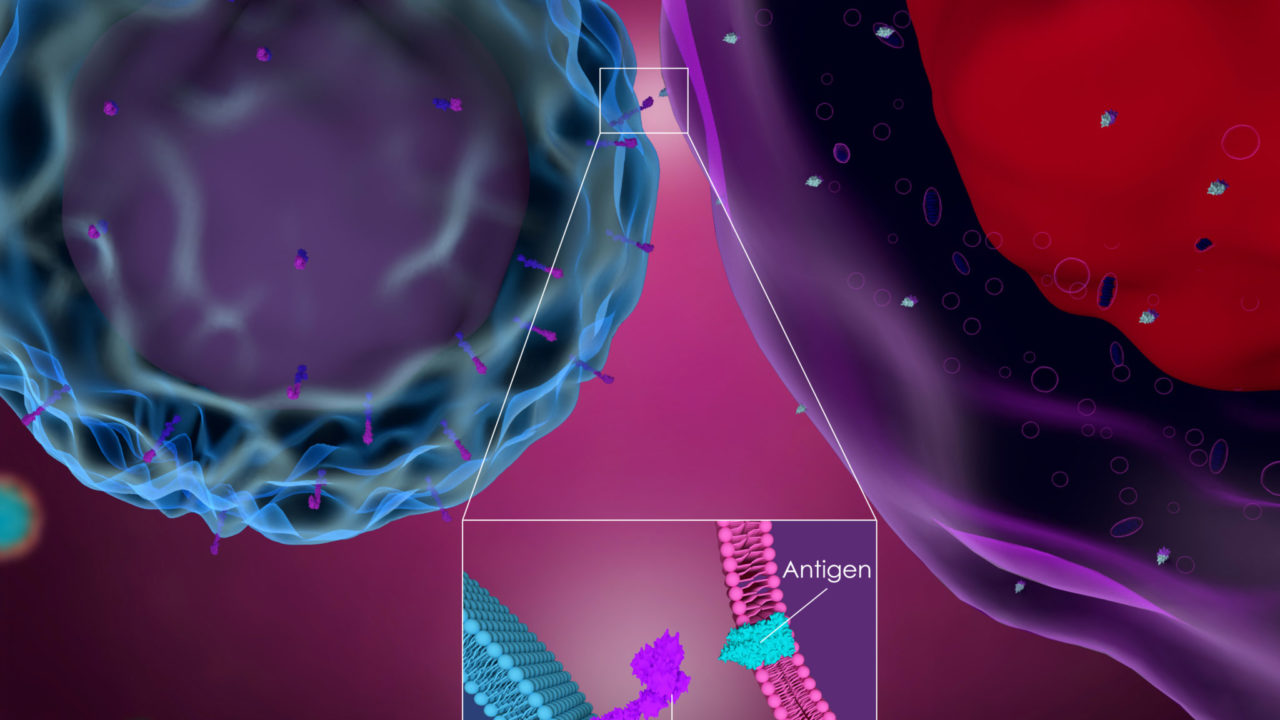Researchers identify immune-suppressing target in glioblastoma
Researchers at The University of Texas MD Anderson Cancer Center have identified a tenacious subset of immune macrophages that thwart treatment of glioblastoma with anti-PD-1 checkpoint blockade, elevating a new potential target for treating the almost uniformly lethal brain tumor. Their findings identify macrophages that express high levels of CD73, a surface enzyme that’s a vital piece of an immunosuppressive molecular pathway. The strong presence of the CD73 macrophages was unique to glioblastoma among five tumor...








